Salar De Uyuni, Bolivia
During the rainy season, the world’s largest salt flat becomes the world's largest mirror. The Salar was born when several prehistoric lakes joined into one. The salt flat is so reflective, it’s used to calibrate satellites.
Tianzi Mountains, China
These unqiuely tall and thin mountains are so alien that they were used in James Cameron’s “Avatar.” Formed underwater 380 million years ago, the flow destroyed surrounding sandstone, leaving only resilient stone pillars. Some of the columns have reached over 4,000 feet above sea level.
Sentinels of the Arctic, Finland
These sentinels are actually giant trees covered in snow and ice. This strange sight occurs in winter, when temperatures range from -40 to -15 degrees centigrade.
Reed Flute Caves, China
This 240-meter-long cave system has been one of Guilin, China’s most popular attractions for over 1200 years. The beautiful stalactites, stalagmites and pillars were all created through water erosion. In the present day, they are highlighted by multi colored lights which create a truly surreal environment.
Skaftafell Ice Cave, Iceland
Ice caves are temporary structures that form at the edge of glaciers when flowing water melts a hole into glaciers. The tightly packed ice has very few air bubbles and absorbs all light except for blue, giving the ice it’s unique color.
Antelope Canyon, Arizona, United States
This canyon was formed by millions of years of flowing water that carved out a deep, yet narrow crevice. Since significantly less light makes it down to the deeper depths, the walls often appear to be different colors.
Bigar Waterfall, Romania
The locals call this waterfall "the miracle from the Minis gorge." The moss formation which the falls travel over is 8 meters tall, creating one of the most beautiful waterfalls in the world.
Sea of Stars, Vaadhoo Island, Maldives
It may look normal during daylight, but at night, this beach comes to life. The sparkle in the water comes from marine microbes called phytoplankton. The galaxy they paint across the shore is nothing short of breathtaking.
Grand Prismatic Hot Spring, Wyoming
Grand Prismatic Hot Spring is the largest hot spring in the United States. The vivid colors in the spring are the result of pigmented microbes, which grow around the edges of the mineral-rich water.
Deadvlei, Namibia
No, the above images are not surrealist paintings. They’re photographs of “dead valley,” where trees stand against a background of the highest sand dunes in the world. Once a thriving forest, the approaching desert has killed all life.
Turquoise Ice, Lake Baikal, Russia
Lake Baikal is the largest and oldest freshwater lake in the world. In the winter, the lake freezes, but the water is so clear that you can see 130 feet below the ice. In March, frost and sun cause cracks in the ice crust, which results in the turquoise ice shards we see at the surface.
Socotra, Yemen
One third of the plant life on Socotra Island is found nowhere else on planet Earth. One of the most bizarre forms of life is the dragon blood tree, which resembles an umbrella.
Zhangye Danxia Landform, Gansu, China
These colourful rock formations are the result of red sandstone and mineral deposits laid down over 24 million years. Wind and rain then carved amazing shapes into the rock, forming natural pillars, towers, ravines, valleys and waterfalls.
Tunnel of Love, Klevan, Ukraine
This tunnel was shaped over many years, as trains traveled the line three times time a day, molding the surrounding trees. Now abandoned, the track is a romantic spot for an afternoon stroll.
Glowworm Caves, Waitomo, New Zealand
Thousands of tiny glowworms hang to the ceiling of this grotto and radiate a luminescent light, creating a scene straight out of a sci-fi movie.
Yuanyang County, China
The farming techniques in Yuanyang County have created a landscape which is truly amazing from the air. These rice fields are located on the slopes of Ailao Mountain, where the terraced levels help create flat surfaces along an uneven landscape.
Lake Hillier, Australia
The pink color of this lake is thought to be the result of a dye created by algae and bacteria in the water. Despite the odd hue, the lake doesn't seem to have any adverse effects on humans or local wildlife.
Pamukkale Hot Springs, Turkey
Over millions of years, the hotsprings in Pamukkale have transformed the landscape. Although it may look like these terraces are made of ice and snow, Turkey has bikini weather all year round. The ground is just coated in white limestone.
Caño Cristales River, Colombia
Due to it’s extensive habitat of fauna and flora, this flowing river appears in yellow, green, blue, black and red as you travel along it. The rocks here are around 1.2 billion years old, and those who visit call it the most beautiful river in the world.
Patagonia Marble Caves, Chile
Formed by thousands of years of waves crashing against calcium carbonate, these caves have smooth, swirling walls, which reflect the lake’s azure waters.
Giant’s Causeway, Northern Ireland
Around 50 to 60 million years ago, intense volcanic activity in the area formed a lava plateau. Over time, the lava cooled and fractures created columns that are so perfect, they almost look artificial.
Fly Geyser, Nevada
Fly Geyser was accidentally created when a well was drilled and left uncapped. Minerals and algae started to rise from the geyser and accumulated to form an alien-like mound.
Underwater Waterfall, Mauritius Island
Strong ocean currents continually drive sand from the shores of Mauritius into the abyss below, creating this one-of-a-kind underwater waterfall.
Mount Roraima, South America
This tabletop mountain is one of the oldest mountains on Earth, dating back two billion years when the land was lifted high above the ground by tectonic activity. The sides of the mountain are sheer vertical cliffs, with several waterfalls, making it nearly impossible to climb.
Aogashima, Japan
Aogashima is a volcanic island located 200 miles off the coast of Tokyo. Even more amazing than the view is the geography - there’s a smaller volcano within the volcano island.
Fingal’s cave, Scotland
Like the Giant’s Causeway, this cave was formed by lava cooling and fracturing over millions of years. The jagged formations on the outside are entirely nature’s doing.
Underwater River, Cenote Angelita, Mexico
Underneath the water of Cenote Angelita is another flowing body of water. The river is full of hydrogen sulfate, which is much heavier than normal salt water. When it sinks to the bottom, it forms a flow of its own.
Naica Mine, Mexico
This silver mine is coated in crystals as big as 50 feet long and 4 feet wide. They Were formed by hydrothermal fluids rising from the magma chambers below. This is a must see on any cave lover’s bucket list.
Hidden Beach, Mexico
This magnificent hidden beach was created by a military explosion test in early 1900s. The surrounding islands were deemed a nature park, with the hidden beach only accessible by swimming through a fifty foot tunnel.
Lake Natron, Tanzania
This lake has a uniquely high salt content. Salt-loving microorganisms thrive and produce red pigment, colorizing the water. For other animals, the salt is deadly and many calcify (effectively turning into stone) after taking a dip in the water.
The Eye of Africa, Mauritania
Found in the middle of the Sahara Desert is a deeply eroded bowl, over 24 miles in diameter. The natural formation is so impressive that for a long time, scientists believed it was the site of an asteroid impact.
Highlands, Iceland
The isolated highlands of Iceland have some of the most superb natural sights in the Northern Hemisphere. The mindblowing glaciers, craters, lakes and geysers are breathtaking by day, but when night falls, the area becomes one of the best places to witness the aurora borealis.
Plitvice Lakes, Croatia
Plitvice National Park is the largest of it’s kind in Croatia and the oldest in Southeast Europe. Over thousands of years, water flowing over limestone and chalk created natural dams and eventually, beautiful lakes, caves and waterfalls.

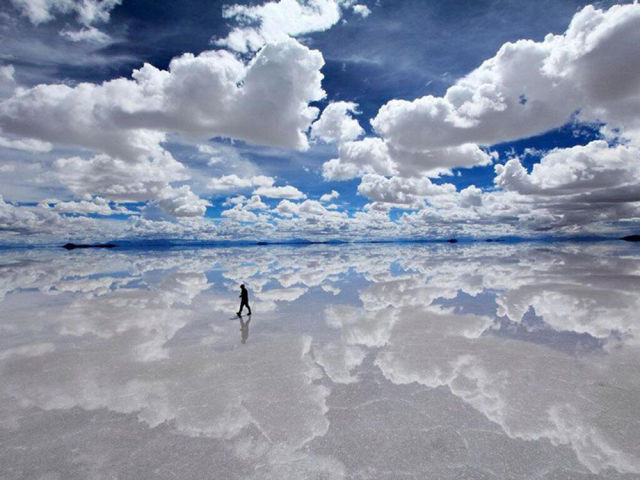
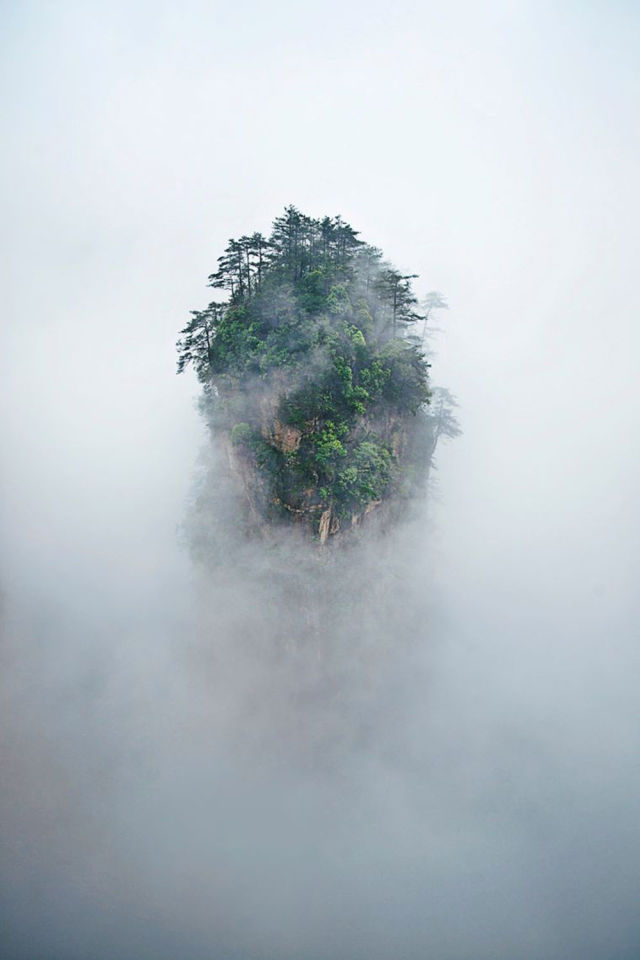
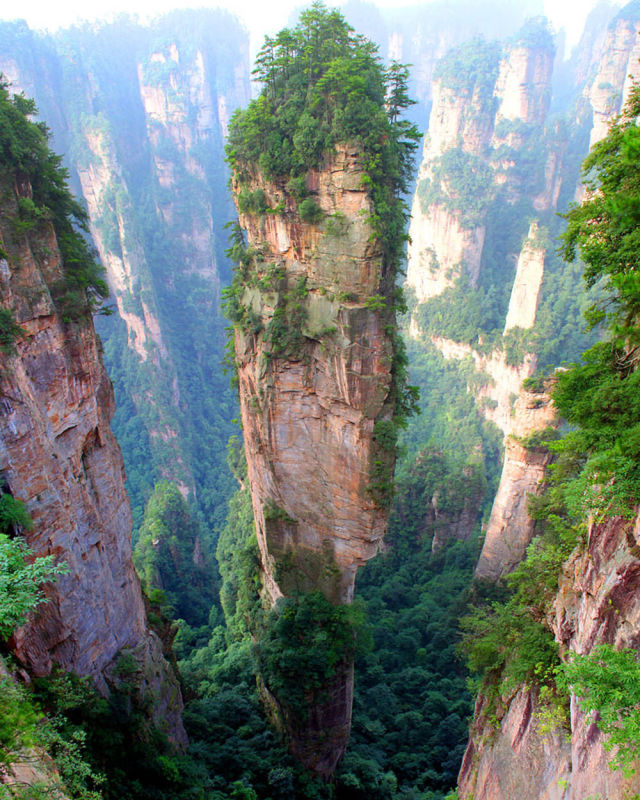
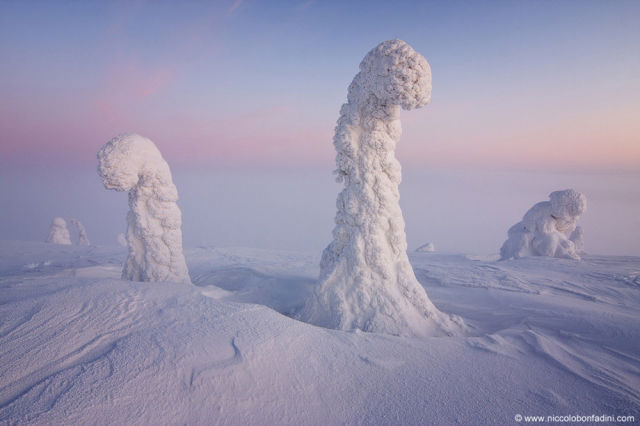
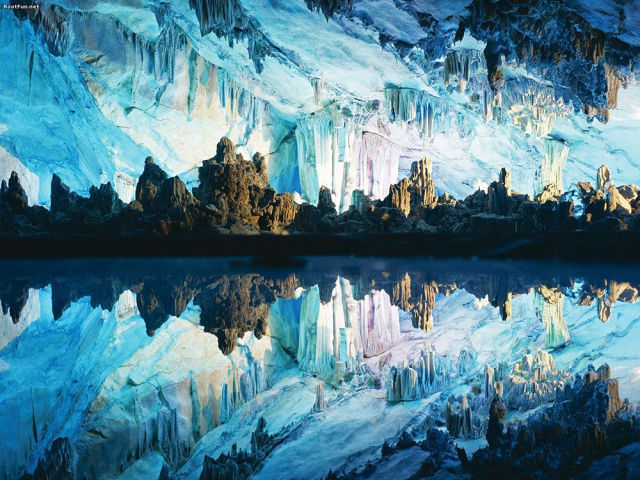
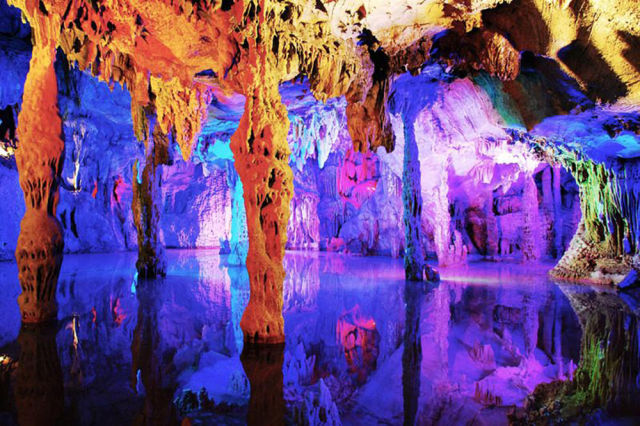
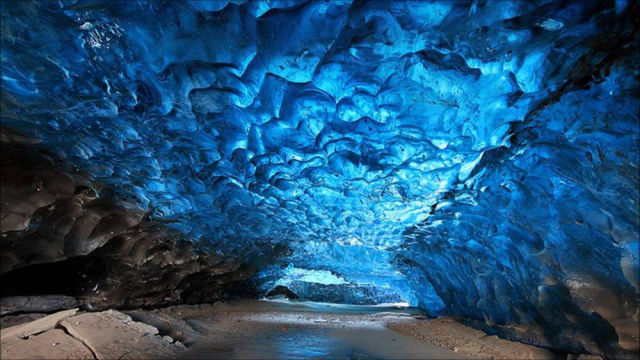
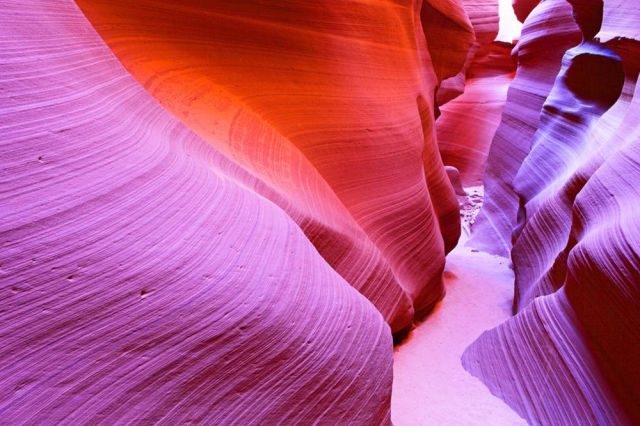
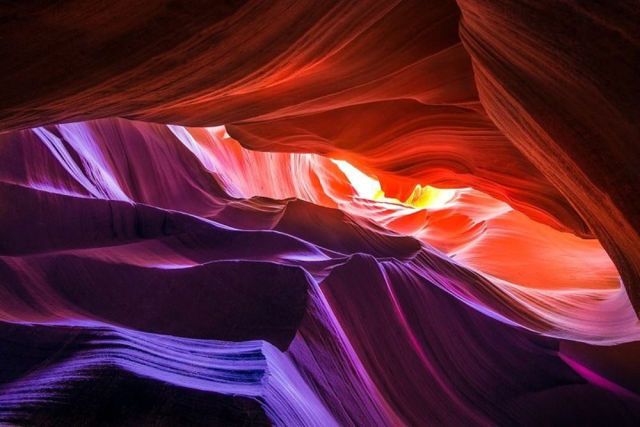
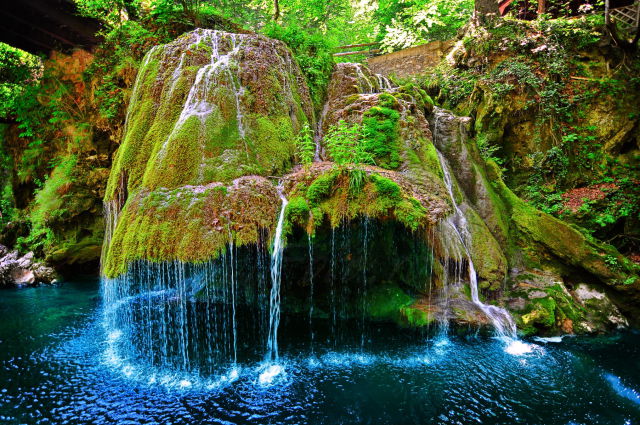
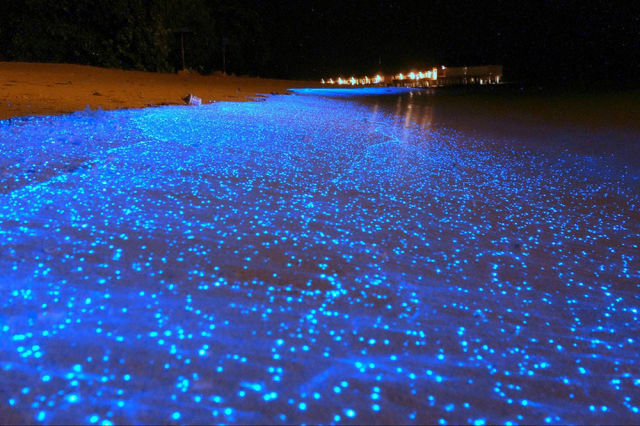
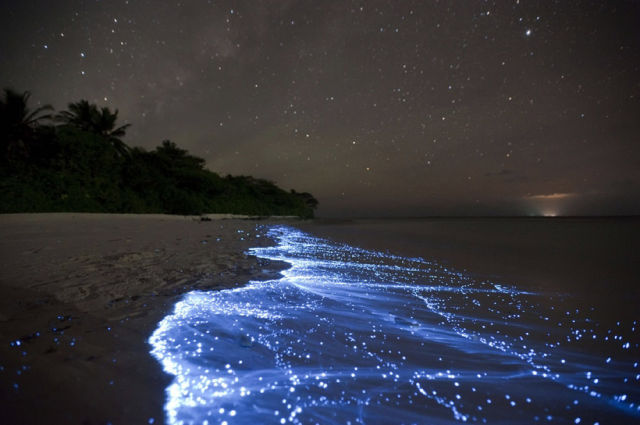
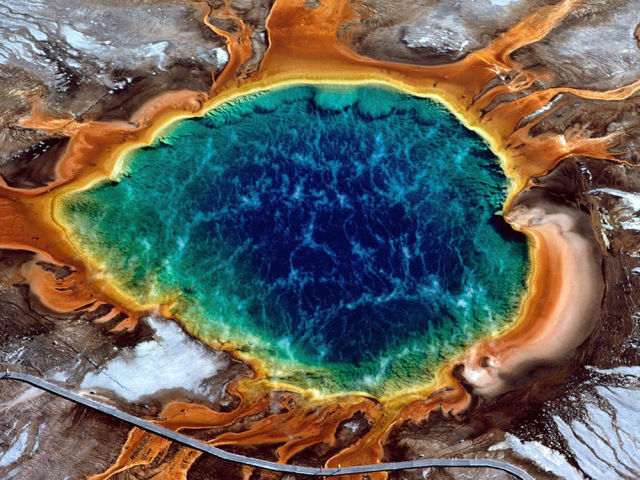
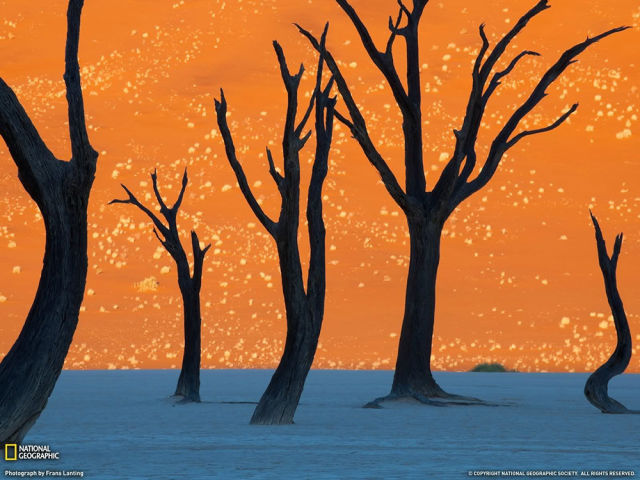
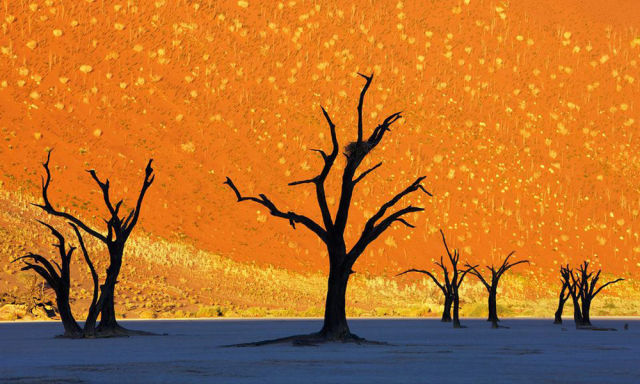
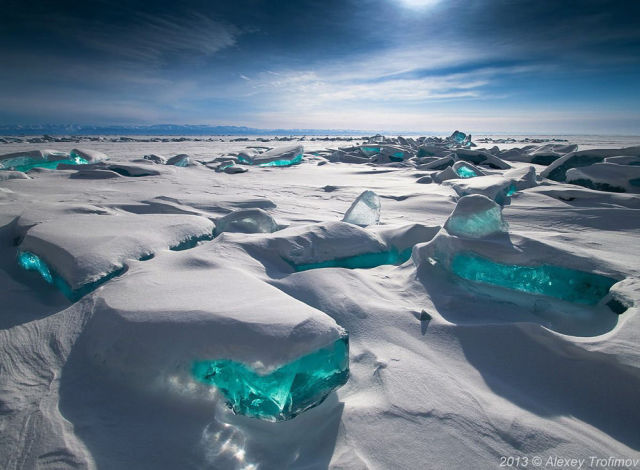
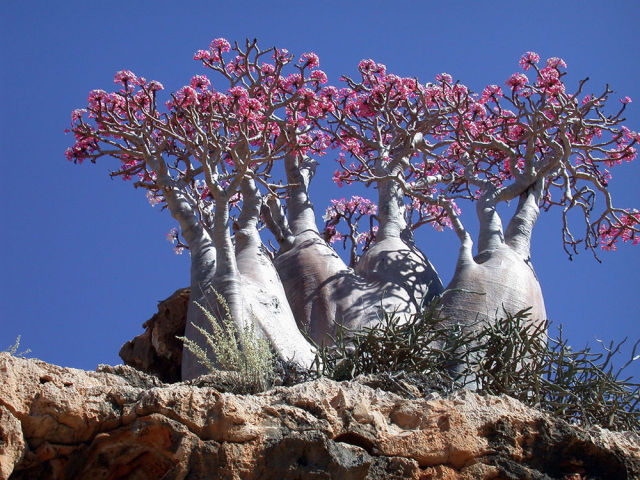
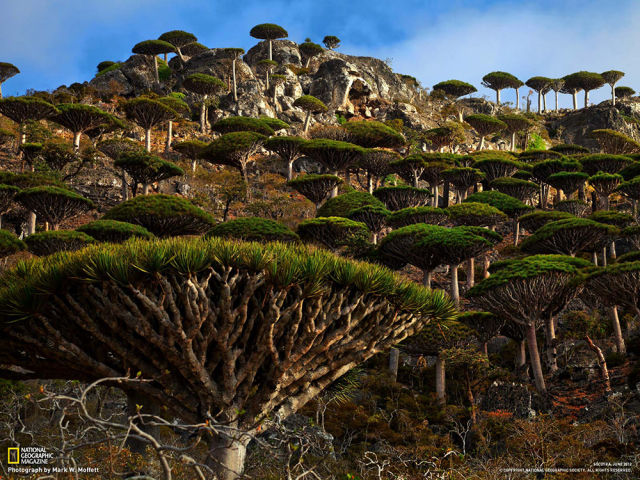
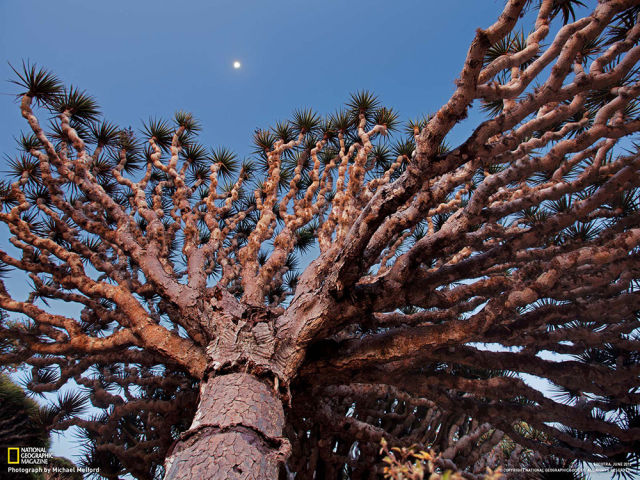

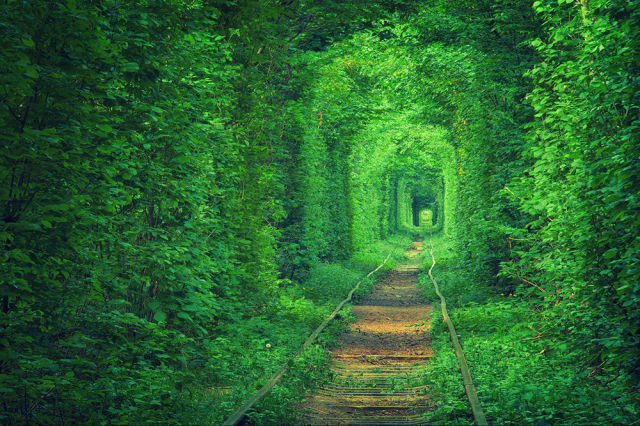
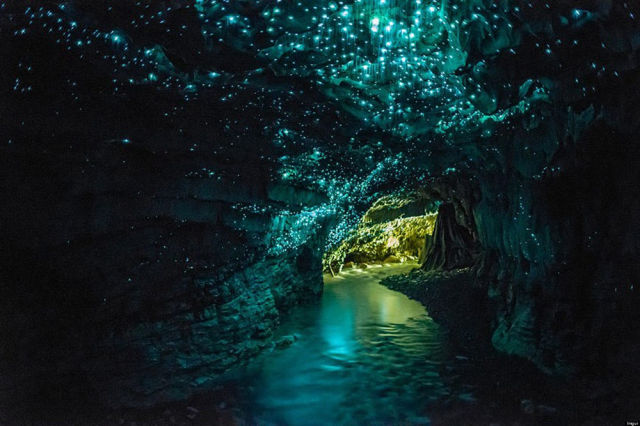
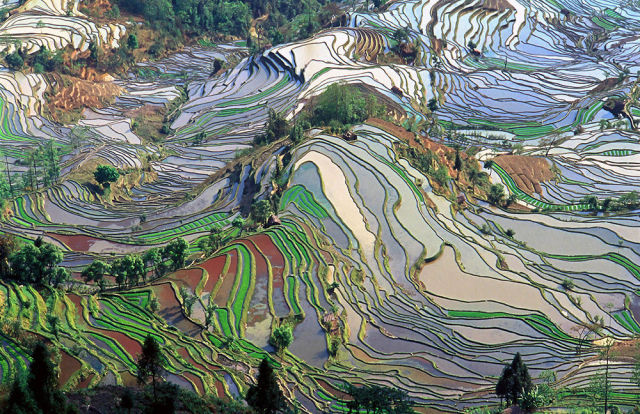
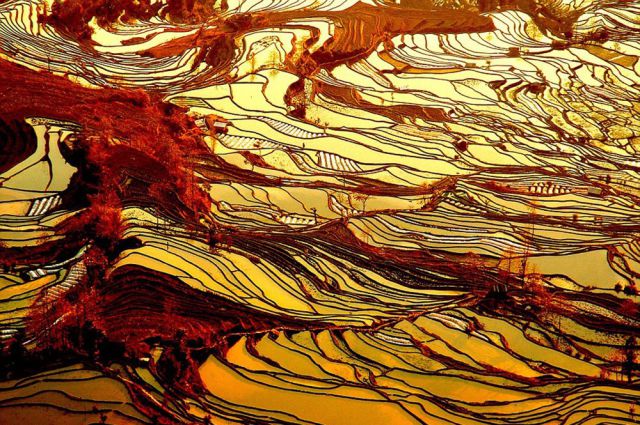
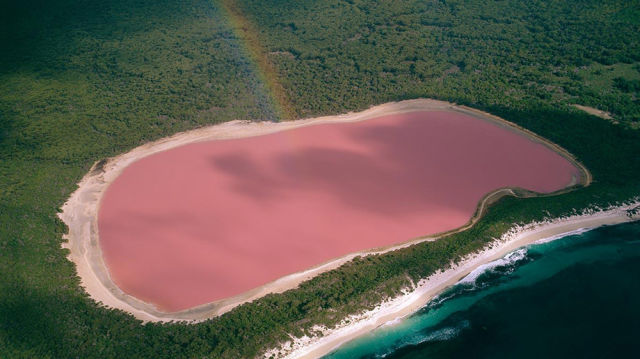
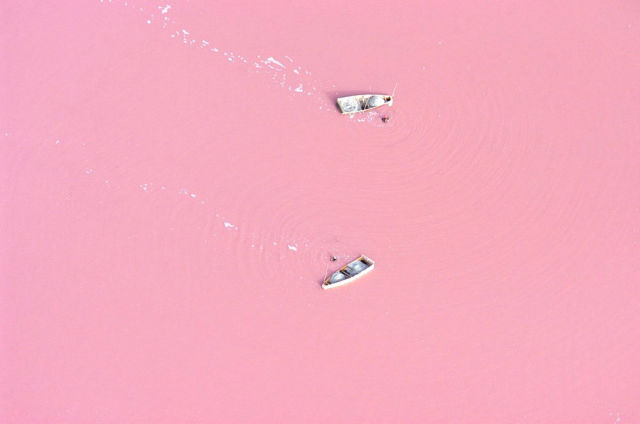
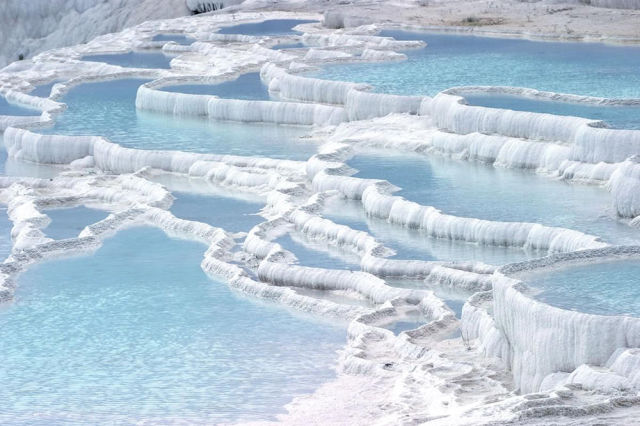
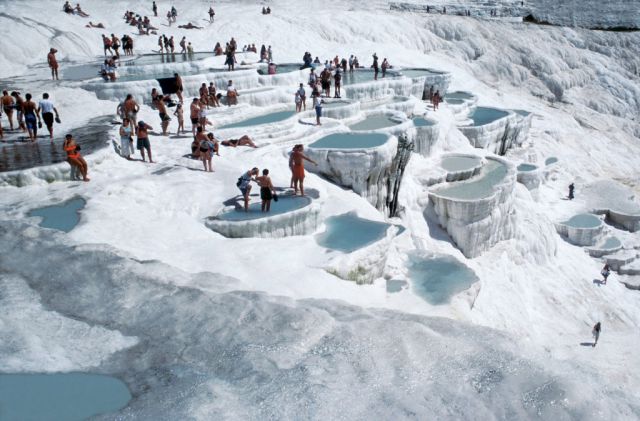
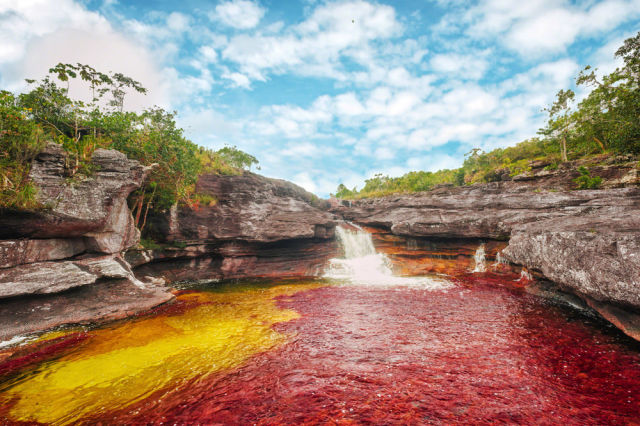
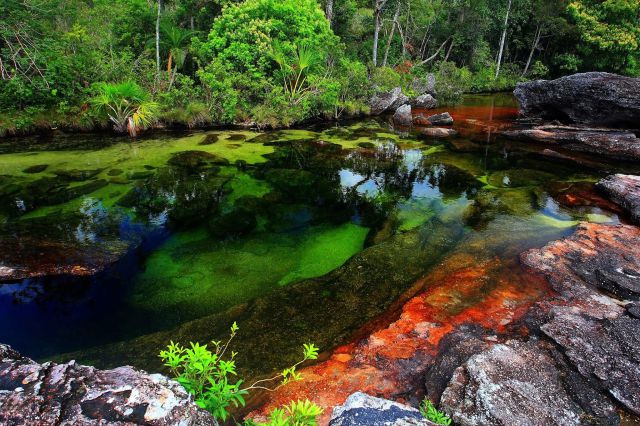
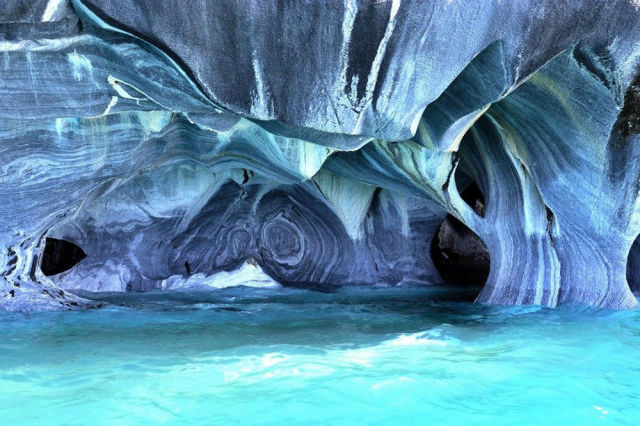
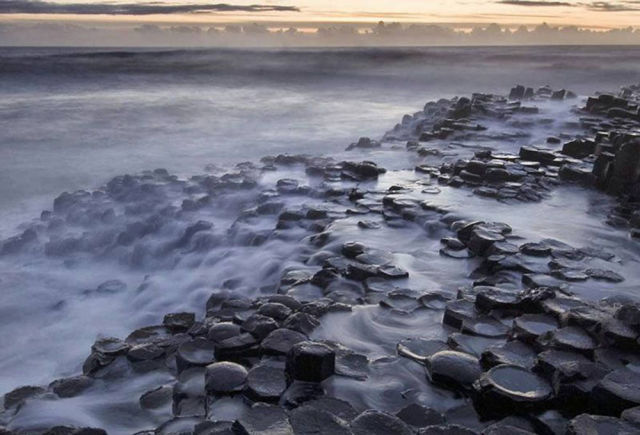
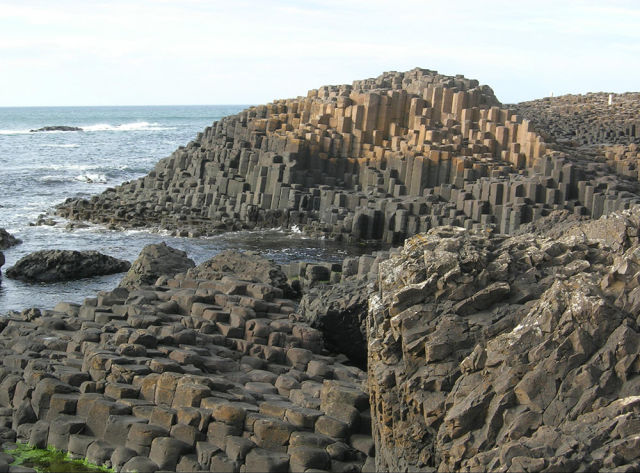
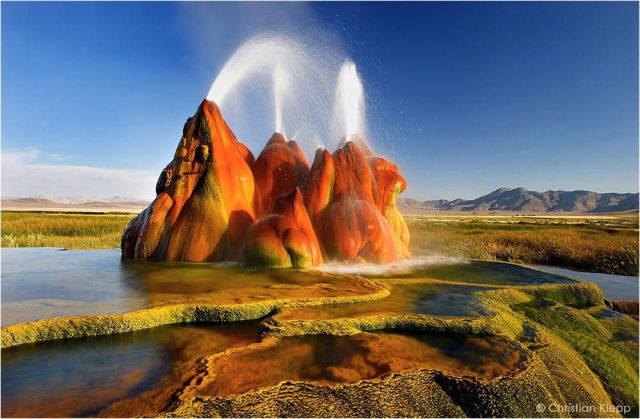
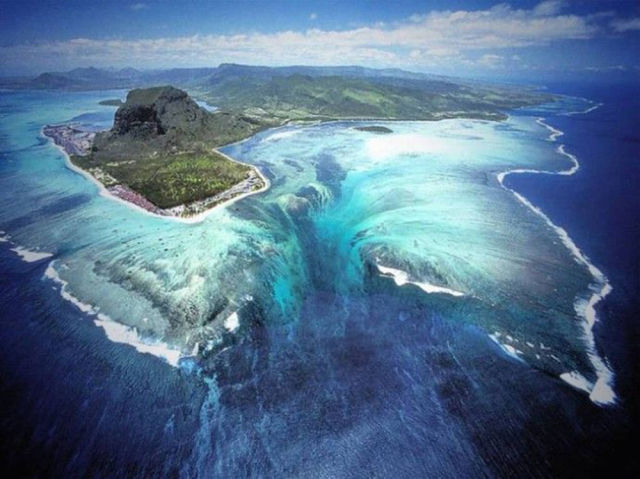
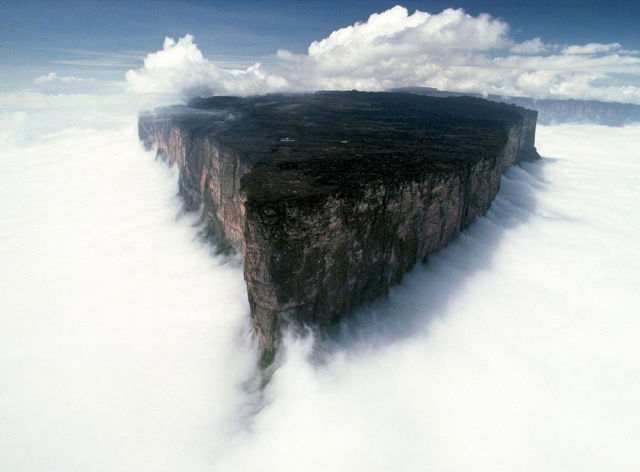
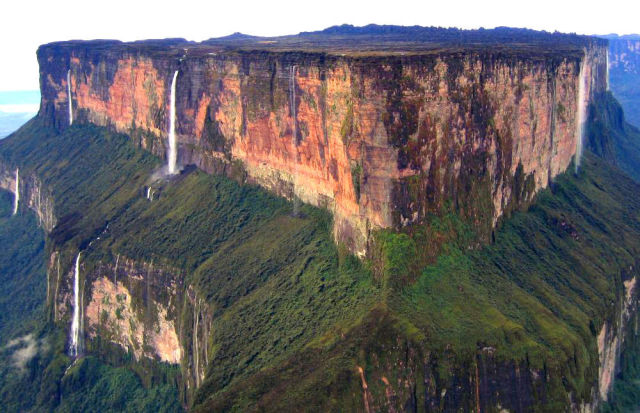
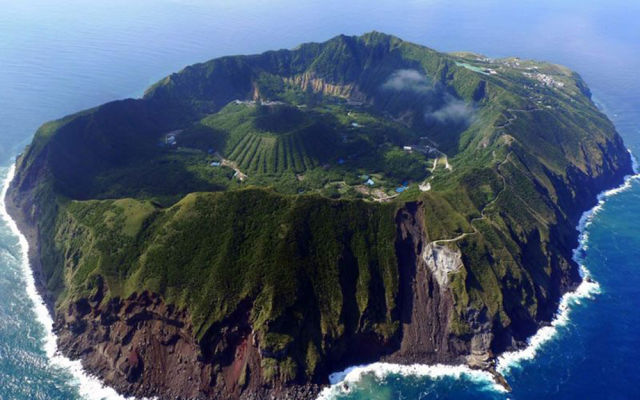
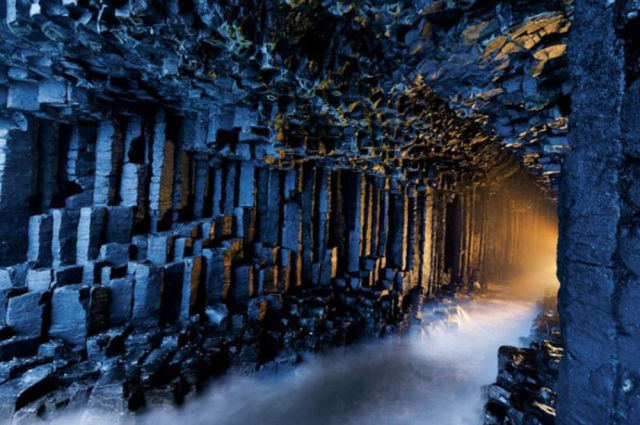
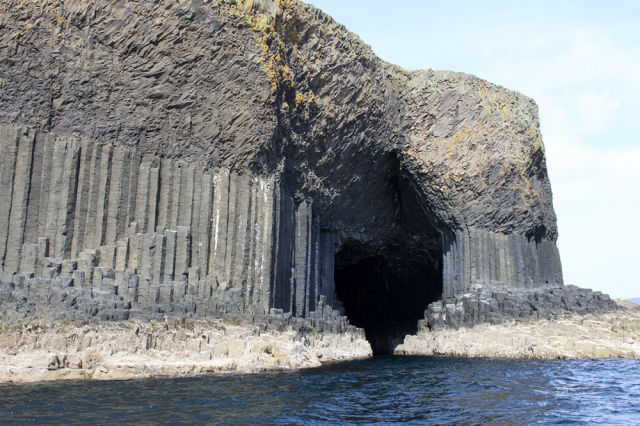
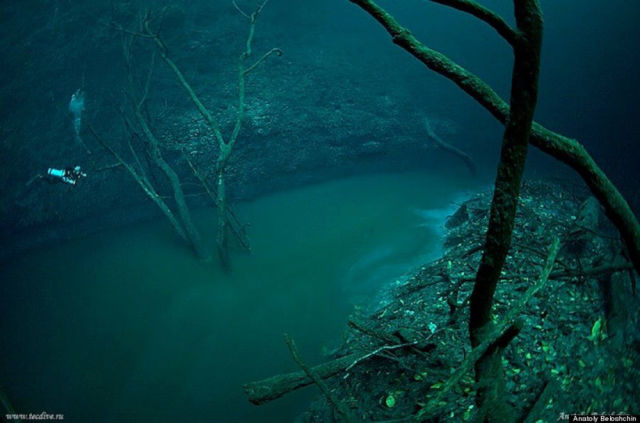
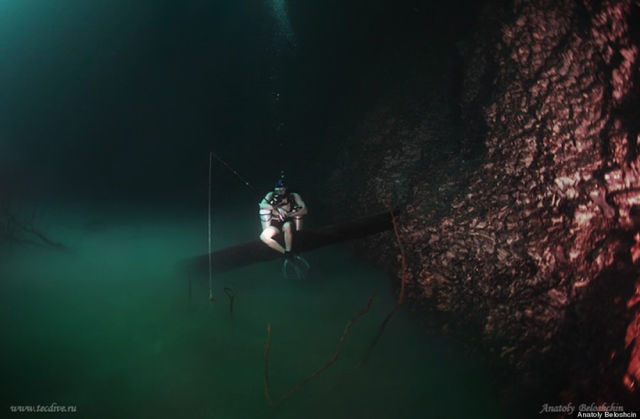
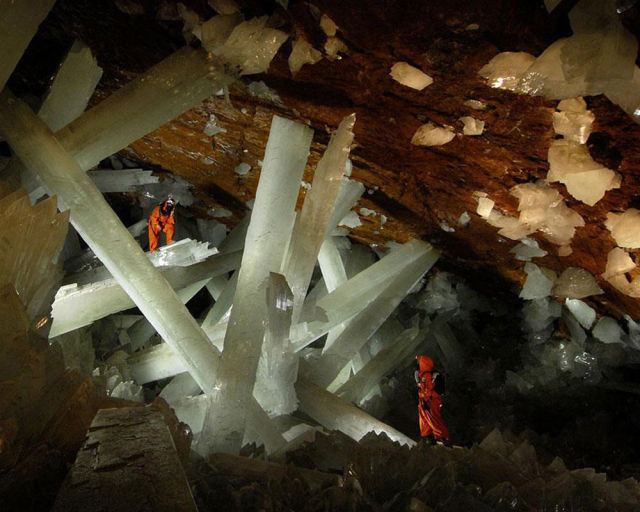
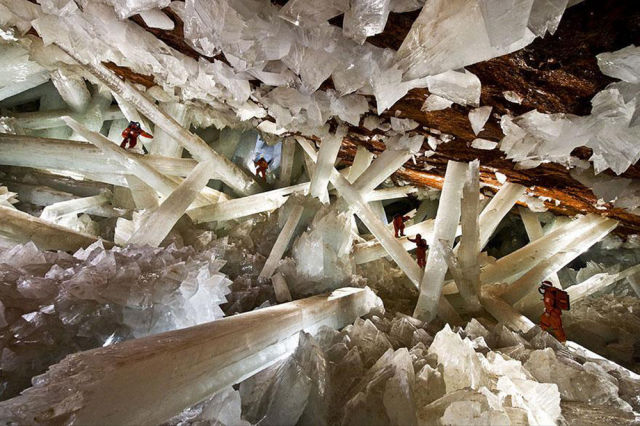
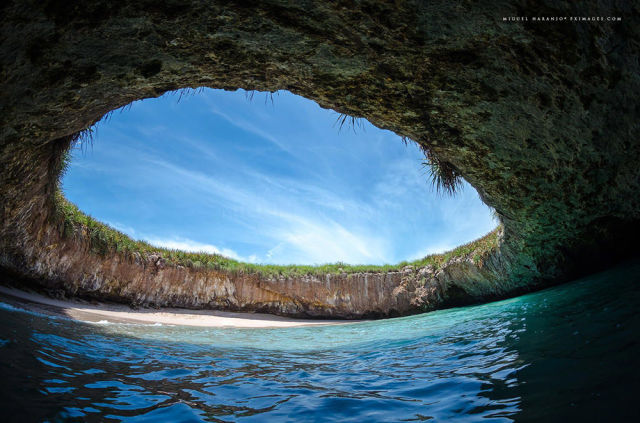
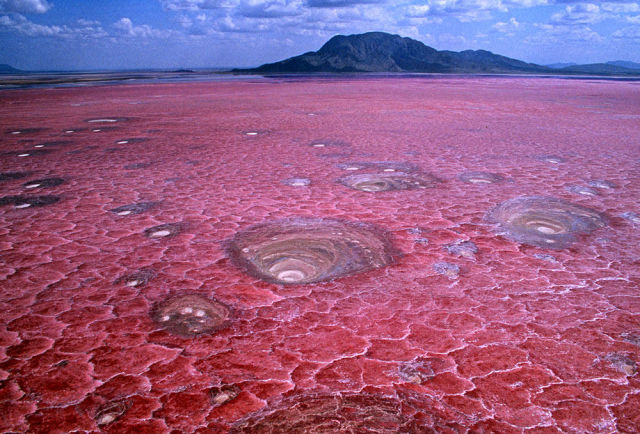
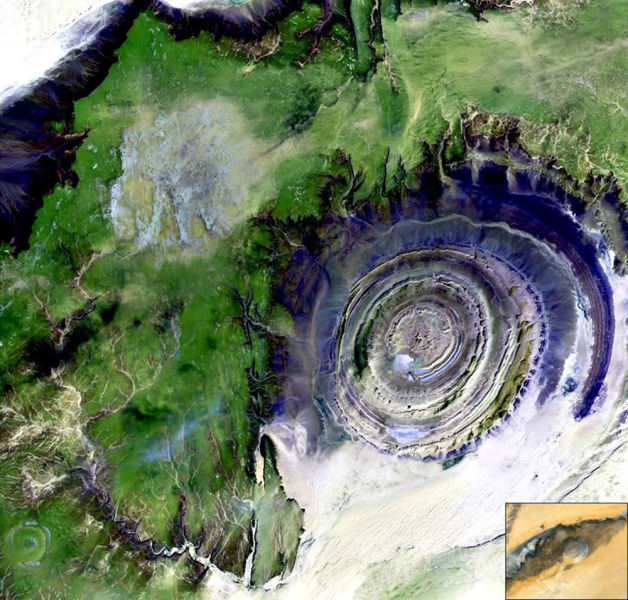
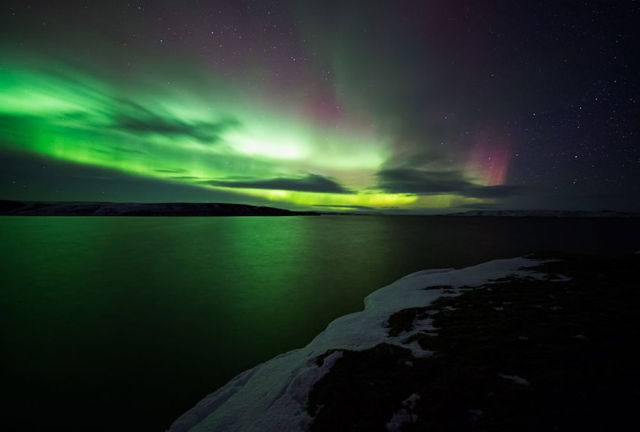
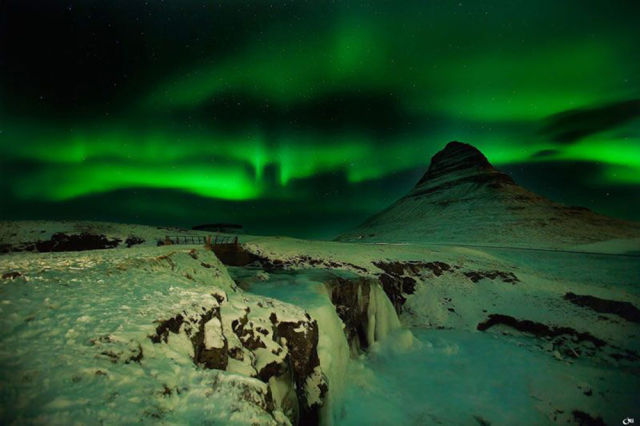
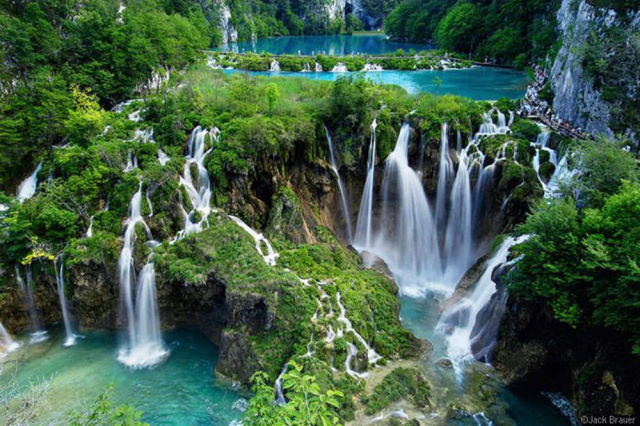
Sadly, the mining company that owns the caves could no longer afford to keep the massive pumps going to clear the chamber. I believe the pumps were shut down a few years ago and the cavern is refilled with water. The crystals are growing once again, but no one will ever see it.